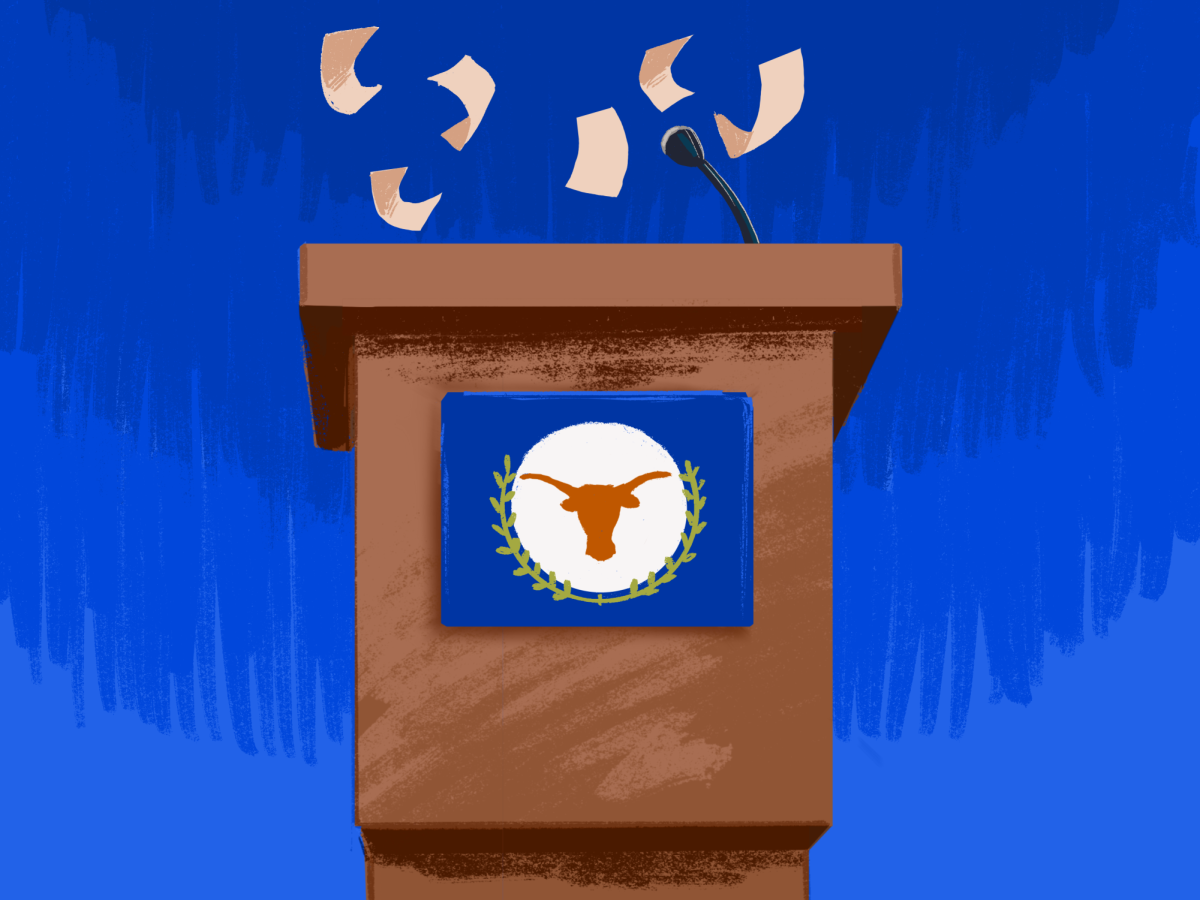Most students learn about the Vietnam War in history classes. While many textbooks portray the armed conflict as one that exclusively affected Vietnamese-Americans, students are often not taught about the simultaneous civil wars in Cambodia and Laos.
Every week, the Lyndon B. Johnson (LBJ) School of Public Affairs hosts speaker events that highlight historical, cultural and policy-related topics. To further support diversity and representation, LBJ should host speaker sessions and talks specifically focused on the history of Cambodian and Lao-American groups.
“Being Lao-American, I think part of the issue is, our history is diluted within the Vietnam War,” said Akeela Kongdara, a political communications and Asian American studies graduate who is Lao-American. “For the LBJ school to be hosting events that are tailored to amplify voices of the Lao-American community … that shows an effort to learn about the differences and experiences that various APIs.”
Throughout the 1960s and 1970s, US bombings occurred across Cambodia and Laos in what is known as the US government’s “secret war.” Despite the long-term impact of this violence on Cambodian and Lao-Americans, the history is largely unknown and usually absent from classes and publications.
“Discussion of US history has to reckon with US history abroad,” said Dr. Lina Chhun, an assistant professor of women and gender studies and Asian American studies, who is Cambodian-American. “If we’re going to think through American wars, questions of militarism, and our contemporary wars, it’s really important to think through the larger context in which you have violence in places like Laos and Cambodia.”
Hosting LBJ talks and speaker events related to this history could help ensure that Cambodian and Lao-Americans are better represented. LBJ allows students to suggest ideas for future events to the administration.
“Our speaker selection process is largely student-driven,” said LBJ Dean JR DeShazo. “(Students) come in with a variety of identities … We want to make sure that they feel recognized and supported as individuals and policy professionals.”
While students can pitch individual ideas, ultimately, LBJ has discretion on whether to bring these issues to light. Because migrant parents may not feel comfortable speaking about these traumatic conflicts with their children, the history is further concealed from public awareness. LBJ could fulfill this cultural disconnect by facilitating events that cater specifically to the Cambodian and Lao communities on campus.
“I think it’s important to represent the cultural identities that aren’t as advocated for,” DeShazo said. “But to be relevant within the policy score, we’d need some kind of a policy.”
From a policy-oriented lens, uncovering these issues could help encourage more history classes to cover the “secret war.” By hosting these talks, the history of Cambodian and Lao Americans could stand alone from that of other Asian American groups. Preventing their narrative from being distilled in academia will better support a more diverse and inclusive retelling of their story.
Pham is a government, history and French freshman from Garland, Texas.














